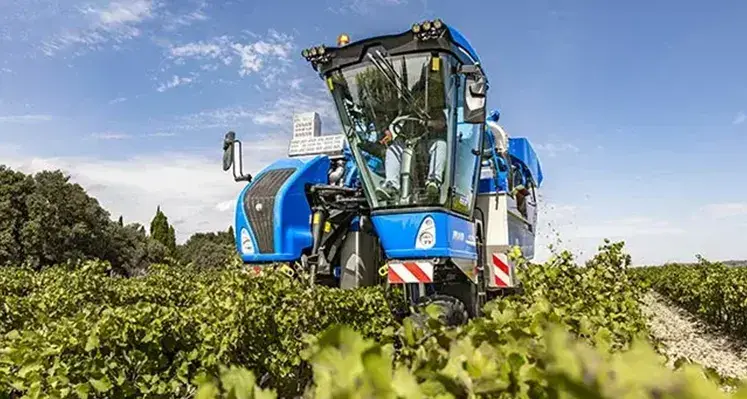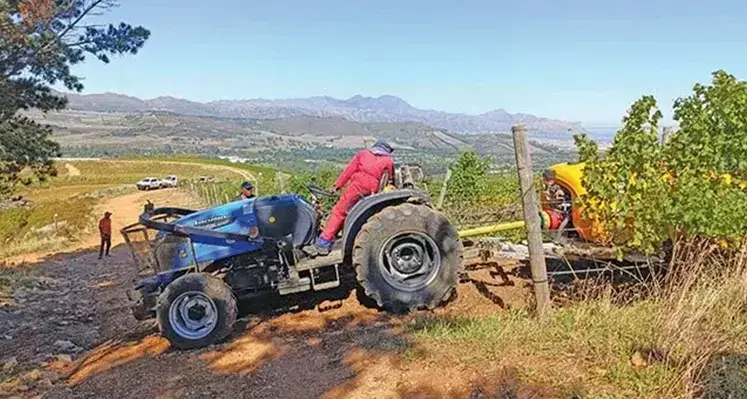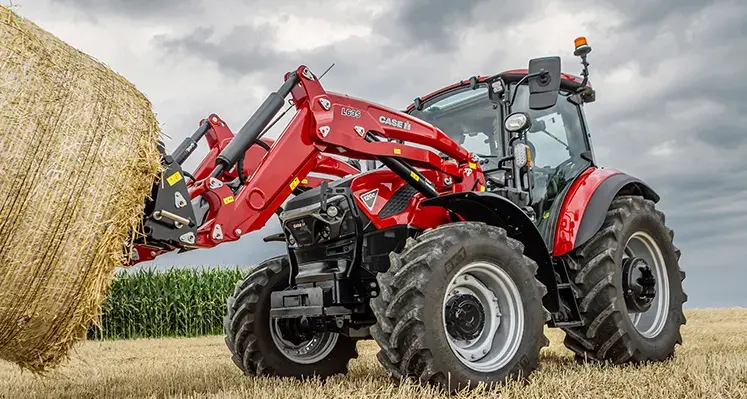Italy’s tractor manufacturer McCormick has officially entered Ethiopia’s agricultural machinery market, marking a significant step in the country’s push to modernise farming and reduce reliance on manual labour.
Agriculture remains the backbone of Ethiopia’s economy, contributing around 34% of national GDP, and the government is intensifying efforts to accelerate mechanisation and productivity growth.
McCormick Tractors, owned by Italian industrial group Argo Tractors, announced a strategic partnership with Ethiopia’s Kerchanshe Group. The conglomerate is a major player in agricultural production and commodity trading, making it a natural partner for the Italian manufacturer’s market entry.
Under the agreement, Kerchanshe Group becomes the exclusive distributor of McCormick tractors across Ethiopia. The partnership covers nationwide sales, after-sales support and technical services, giving McCormick a direct channel into one of East Africa’s fastest-growing agricultural markets. For Ethiopia, the deal brings greater access to modern farm equipment as the country seeks to transform smallholder-dominated agriculture.
A fast-growing mechanisation market
Ethiopia presents a high-growth opportunity for global farm machinery suppliers. Despite vast agricultural potential, mechanisation levels remain low, with manual labour still dominating rural production. Government data show that tractors currently cultivate only about 5 million hectares, equivalent to 27% of the country’s estimated 18.4 million hectares of arable land.
To close this gap, the Ministry of Agriculture has set ambitious targets under its ten-year development strategy. The plan aims to increase the national tractor fleet from 20,000 units to 65,000, while the number of combine harvesters is expected to rise sharply from 2,700 to 15,000 units. These goals underscore Ethiopia’s long-term commitment to agricultural modernisation.
Supportive fiscal policies are also fuelling demand. Since 2020, Ethiopia has allowed duty-free imports of agricultural machinery and related equipment, encouraging leasing services and making modern technology more accessible to farmers.
A competitive landscape for foreign manufacturers
McCormick enters an increasingly competitive market already attracting major international players. In June 2023, China’s YTO China-Africa Machinery Corp (Camaco) partnered with the state-owned Ethio-Engineering Group to establish a tractor assembly plant with an annual capacity of 10,000 units. A month later, Zoomlion Agriculture Machinery Co. signed an agreement with the Ethiopian Agricultural Business Corporation to supply equipment, distribute spare parts and provide training and maintenance services.
In August 2025, Japanese manufacturer Kubota also announced plans to accelerate its African expansion, including Ethiopia, with backing from Sumitomo Mitsui Banking Corporation.
Expanding McCormick’s African footprint
The Ethiopian entry significantly strengthens McCormick’s presence in Africa, which had previously been limited to South Africa. The move aligns with broader market trends, as analysts project the African farm machinery market to grow from US$3.20bn in 2025 to US$4.65bn by 2030. Rising mechanisation gaps, targeted subsidies, digital leasing platforms and climate-smart farming practices are making tractors an essential tool across Africa’s evolving agricultural landscape.









